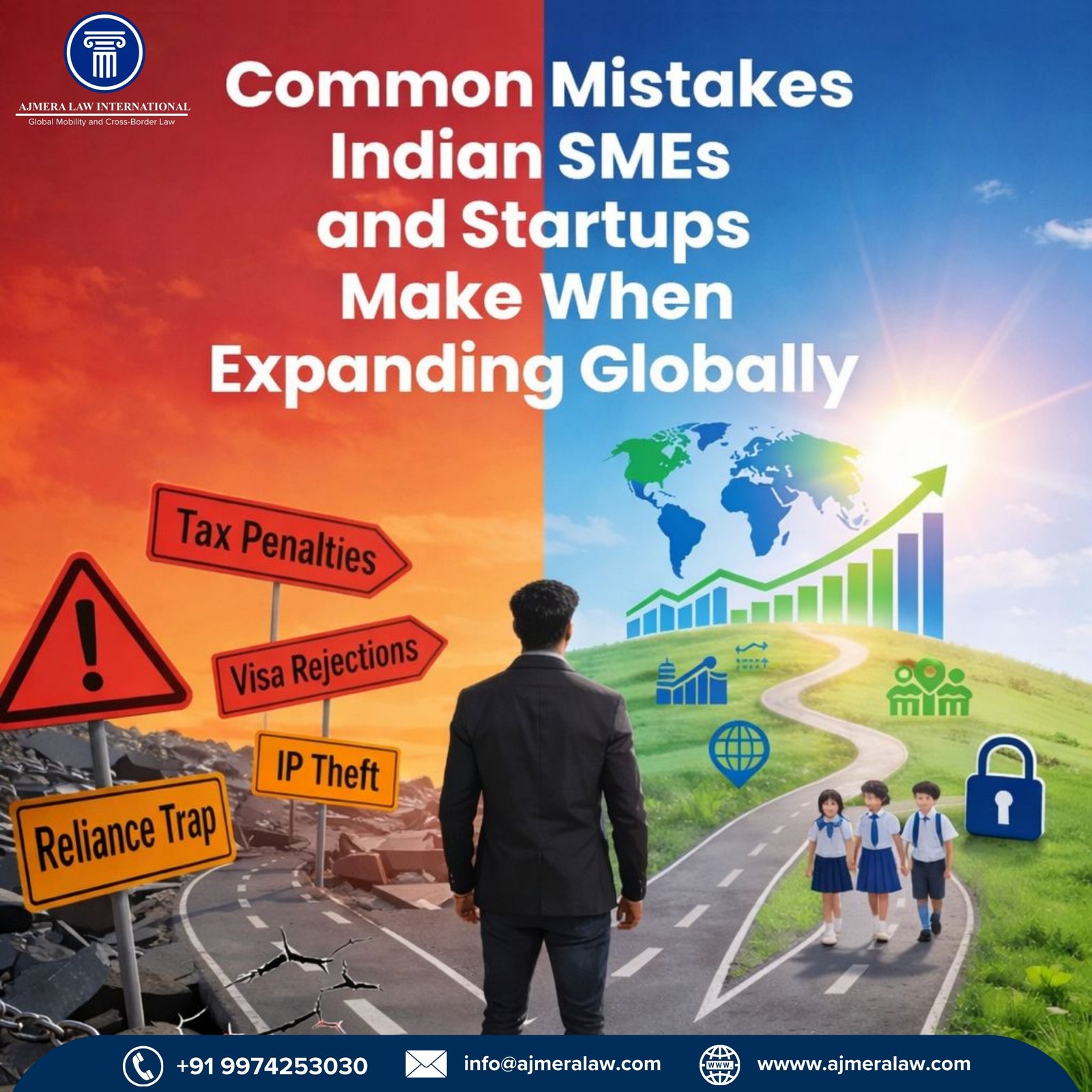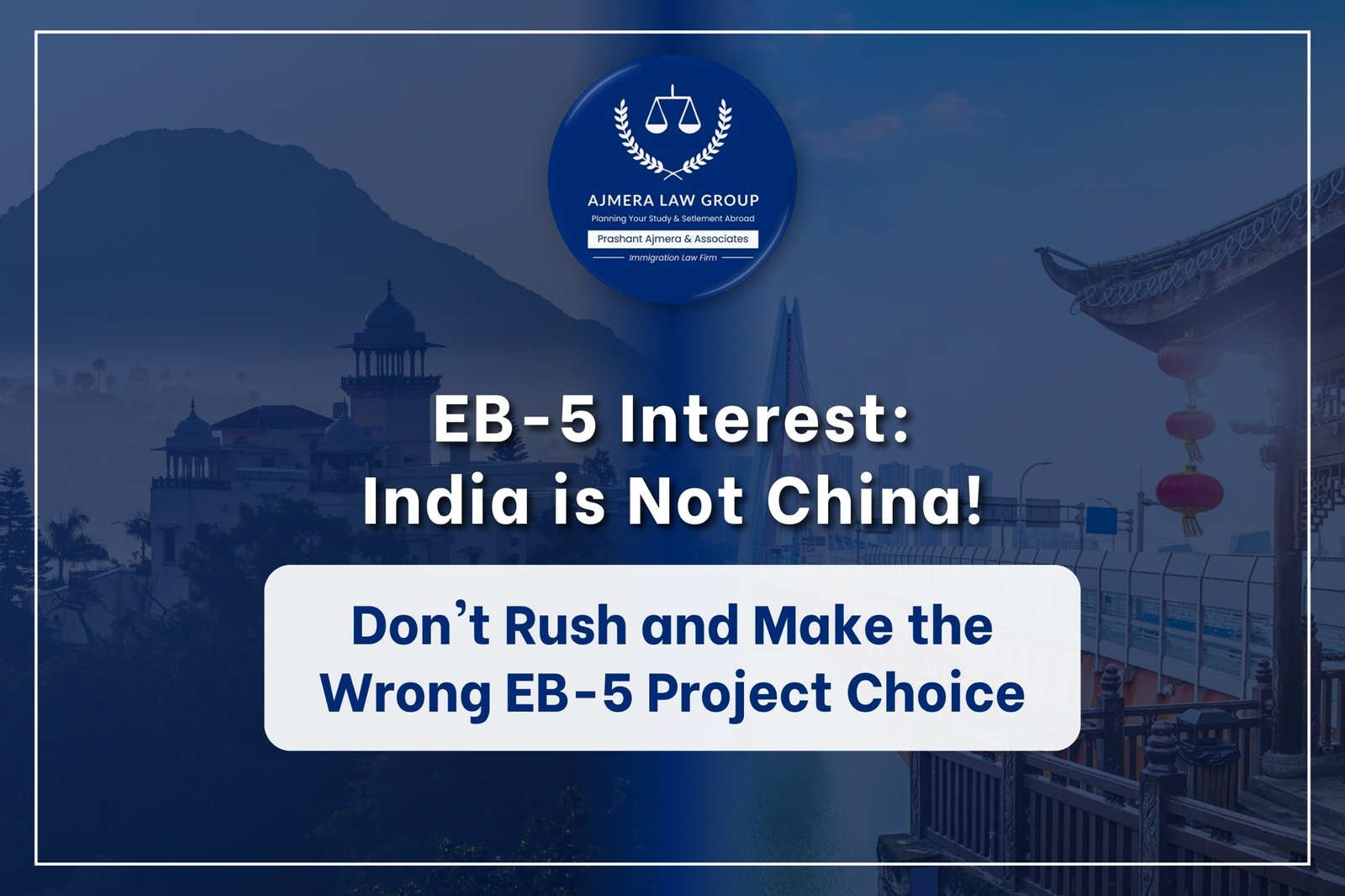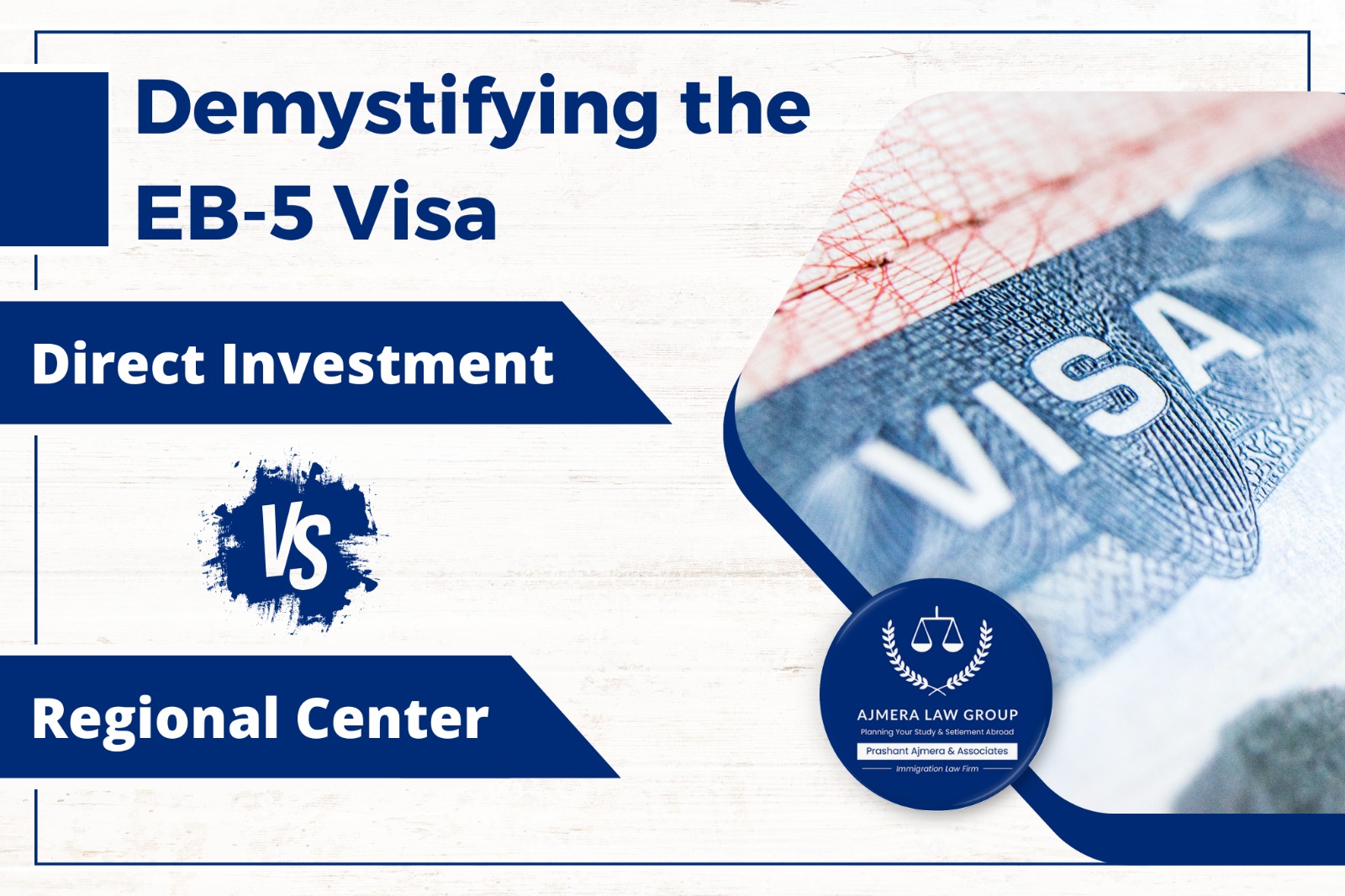Grenada Residency and Citizenship by Investment: Your Pathway to the USA with the E-2 Visa
In recent years, Grenada has emerged as one of the most attractive destinations for residency and citizenship by investment (CBI). Nestled in the Caribbean, this picturesque island nation offers not just a serene lifestyle but also a unique opportunity to access the United States through the E-2 visa treaty. In this blog, we’ll explore the benefits of Grenada’s CBI program, the pathway to the U.S. E-2 visa, and the 3-year domicile requirement that ensures compliance with the program’s regulations.
Why Grenada?
Grenada’s Citizenship by Investment program is among the most flexible and accessible in the world. With updated investment requirements, applicants can choose between the following options:
- National Transformation Fund (NTF) Contribution:
- A non-refundable contribution of $235,000 USD to the NTF.
- This option is suitable for individuals or families seeking a straightforward path to citizenship.
- Option 1: An investment of $270,000 USD in a government-approved real estate project.
- Option 2: An investment of $350,000 USD in a government-approved single-unit property.
- In both cases, the property must be held for a minimum of five years.
- This option allows investors to potentially earn returns from their real estate investment.
Key benefits of Grenadian citizenship include:
- Visa-free travel to over 140 countries, including the Schengen Area, the United Kingdom, and China.
- Dual citizenship allowed without the need to renounce your current nationality.
- No global income, inheritance, or wealth taxes for citizens.
However, what truly sets Grenada apart is its treaty with the United States, which opens the door to the coveted E-2 visa.
What is the E-2 Visa?
The E-2 visa is a non-immigrant visa that allows individuals from treaty countries, including Grenada, to enter and work in the United States through investment in a U.S.-based business. Key features of the E-2 visa include:
- Relatively Low Investment Threshold: While there is no fixed minimum, investments typically range between $100,000 and $500,000.
- Work Authorization: Investors can actively manage their business in the U.S., and their spouse can also apply for work authorization.
- Renewable Status: The E-2 visa can be renewed indefinitely as long as the business remains operational and compliant.
- Family Inclusion: Spouses and children under 21 can accompany the primary applicant, with children eligible for U.S. education.
Grenadian citizens enjoy privileged access to the E-2 visa, making Grenada’s CBI program a gateway for global entrepreneurs and investors seeking to establish themselves in the United States.
Which Family Members Can Be Included?
Grenada’s Citizenship by Investment program allows applicants to include the following family members:
- Spouse: The applicant’s legally married partner.
- Children: Dependent children under 30 years of age, including biological, adopted, or stepchildren.
- Parents and Grandparents: Parents or grandparents of the main applicant or spouse, provided they are financially dependent on the applicant.
- Siblings: Unmarried siblings of the main applicant or spouse who do not have children.
This comprehensive family inclusion ensures that Grenada’s CBI program benefits the entire family unit.
Pathway to the E-2 Visa
- Obtain Grenadian Citizenship:
- Apply through the Citizenship by Investment program by investing in government-approved real estate or the National Transformation Fund.
- Receive Grenadian citizenship within three to six months.
- Plan Your U.S. Investment:
- Identify a business opportunity in the United States.
- Make a substantial and at-risk investment in the business.
- Submit your application at a U.S. Embassy or Consulate.
- Provide proof of Grenadian citizenship, business investment, and intent to develop and manage the enterprise.
- Move to the United States:
- Once approved, you and your family can relocate to the U.S., gaining access to unparalleled economic and educational opportunities.
Understanding the 3-Year Domicile Requirement
While Grenada’s CBI program offers immense benefits, it also includes a domicile requirement to ensure genuine ties to the country. Applicants must:
- Establish a physical presence in Grenada within three years of obtaining citizenship.
- Maintain ties to Grenada by visiting periodically or retaining local investments.
This requirement ensures the integrity of the program and reinforces Grenada’s reputation as a trustworthy and compliant jurisdiction for citizenship by investment.
Why Choose Grenada for Your CBI Journey?
Grenada’s unique combination of a high-quality CBI program and access to the U.S. E-2 visa makes it a standout choice for global investors. By choosing Grenada, you not only secure a second passport but also create a pathway for expanding your horizons in the United States.
If you’re considering Grenada as your gateway to global mobility and U.S. opportunities, contact us today for expert guidance on the process. Let us help you turn your investment into a lifetime of possibilities for you and your family.
The author of this article is Mr. Prashant Ajmera, an Indian immigration lawyer and Canadian citizen. He is the founder of Ajmera Law Group and the author of two books, “Millionaires On The Book” and “How to Plan for Your Child’s Foreign Education.” Over the past 30 years, he has assisted and advised over 30,000 students and families on planning their foreign education and settlement. He regularly speaks at various forums on this subject.
👉 Explore the possibilities today:
📹 Watch this informative video 👉 https://www.youtube.com/ajmeralawgroup
📖 Read our detailed blog 👉 https://ajmeralaw.com/blog/
💬 Stay Updated:
📱 Join our WhatsApp Group: -https://chat.whatsapp.com/LMYGSw3FT42GLrH82yg4Rz
📢 Subscribe to our WhatsApp Channel: https://whatsapp.com/channel/0029VaaukpFKbYMMAFh4iZ2K
📢Stay informed about global opportunities for investors and entrepreneurs! 🌍 https://whatsapp.com/channel/0029VaaukpFKbYMMAFh4iZ2K
📞 Contact Ajmera Law Group:
📧 Email: info@ajmeralaw.com
📱 Phone: +91 9974253030
🌐 Website: www.ajmeralaw.com
✳️ Legal Disclaimer: In India, only registered lawyers are authorized to provide legal advice on immigration and visa matters.
💡 Take the first step toward your entrepreneurial future!









